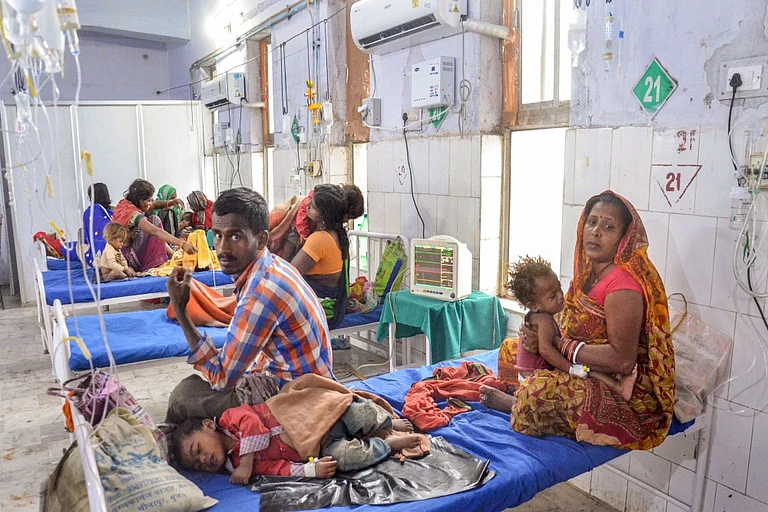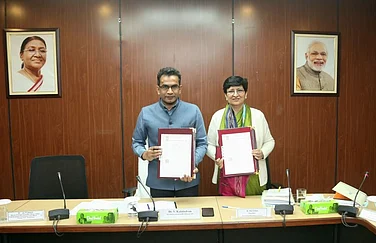The Government has launched specialised training modules aimed at equipping public health professionals and responders with the knowledge and skills necessary for the timely and effective management of chemical incidents.
The modules, designed to enhance national preparedness for chemical emergencies, were launched by Punya Salila Srivastava, Secretary of Health and Family Welfare, in the presence of senior officials from various ministries at Nirman Bhawan here.
“Chemical emergencies pose a significant and evolving threat to public health, environmental safety, and societal stability, underscoring the need for strengthened national preparedness and response mechanisms,” the Ministry said in a statement. “In the present fast-growing industrial economy, updating and keeping oneself prepared for any such emergencies is of paramount importance,” it added.
The training modules have been developed by the National Centre for Disease Control (NCDC), under the Ministry of Health and Family Welfare, in collaboration with the National Disaster Management Authority (NDMA) and with technical support from the World Health Organization (WHO India).
The initiative includes three specialised modules focusing on various aspects of chemical emergency management including preparedness, surveillance, and response for public health management of chemical incidents besides pre-hospital management and in-hospital medical management, addressing triage, decontamination, assessment, and treatment procedures.
Officials noted that as India continues to emerge as a global hub for industrial and technological development, the risk of exposure to chemical hazards is increasing. Uncontrolled releases of hazardous substances, they said, could have serious implications for public health and the environment, leading to casualties, long-term health effects, and property damage.
“In such a scenario, these modules aim to equip public health professionals, healthcare workers, emergency responders, and policymakers with the necessary operational tools for timely and effective management of chemical incidents,” the Ministry said.



























